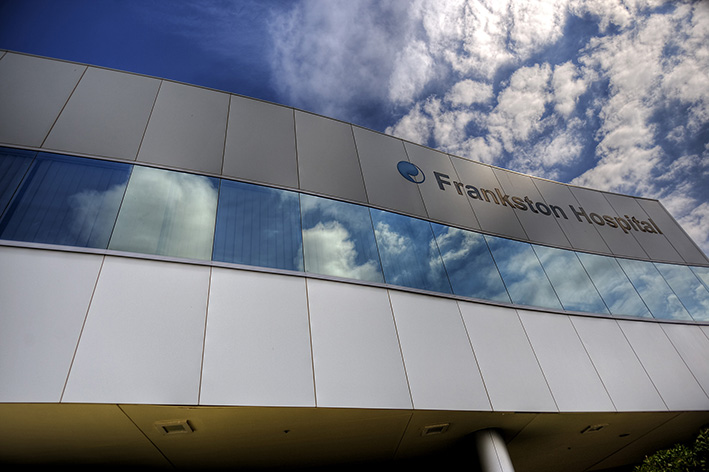FRANKSTON has been identified as a ‘hot spot’ for preventable hospital admissions in a report by the Grattan Institute.
The think tank – based in Melbourne and partly funded by the federal and state governments, the University of Melbourne and BHP Billiton – released its Perils of place: identifying hotspots of health inequality report last week naming Frankston as among 25 areas in Victoria where “potentially preventable hospitalisation rates at least fifty percent above the state average in every year for a decade”.
Grattan Institute health program director Stephen Duckett says the problem can be addressed, but only if governments come up with targeted solutions for individual places.
“Australia is not a uniform country and a one-size-fits-all approach will not work. Local, tailored policy responses are required,” Dr Duckett said in a statement.
Preventable hospital admissions and readmissions include patients seeking treatment for diabetes, dental conditions, skin infections and lung disease.
Peninsula Health community health general manager Ruth Azzopardi said Frankston and the Mornington Peninsula has an ageing population “that is likely to have a higher incidence of chronic diseases”.
“We have a number of community programs in place to reduce readmissions of these clients.”
Dr Duckett says government and primary health networks must ensure all communities “get a fair go”.
“Because persistent hotspots are rare, targeting them alone will not substantially reduce the growing burden of potentially preventable hospitalisations, but it’s an important first step,” he said.
The government will save money and, more importantly, some of the most disadvantaged Australians will get the chance to lead healthier, more productive lives.”
The Grattan Institute estimated at least $15 million a year would be saved in both Victoria and Queensland if preventable hospital admissions could be stopped with better health education and treatment before a hospital visit is needed.

